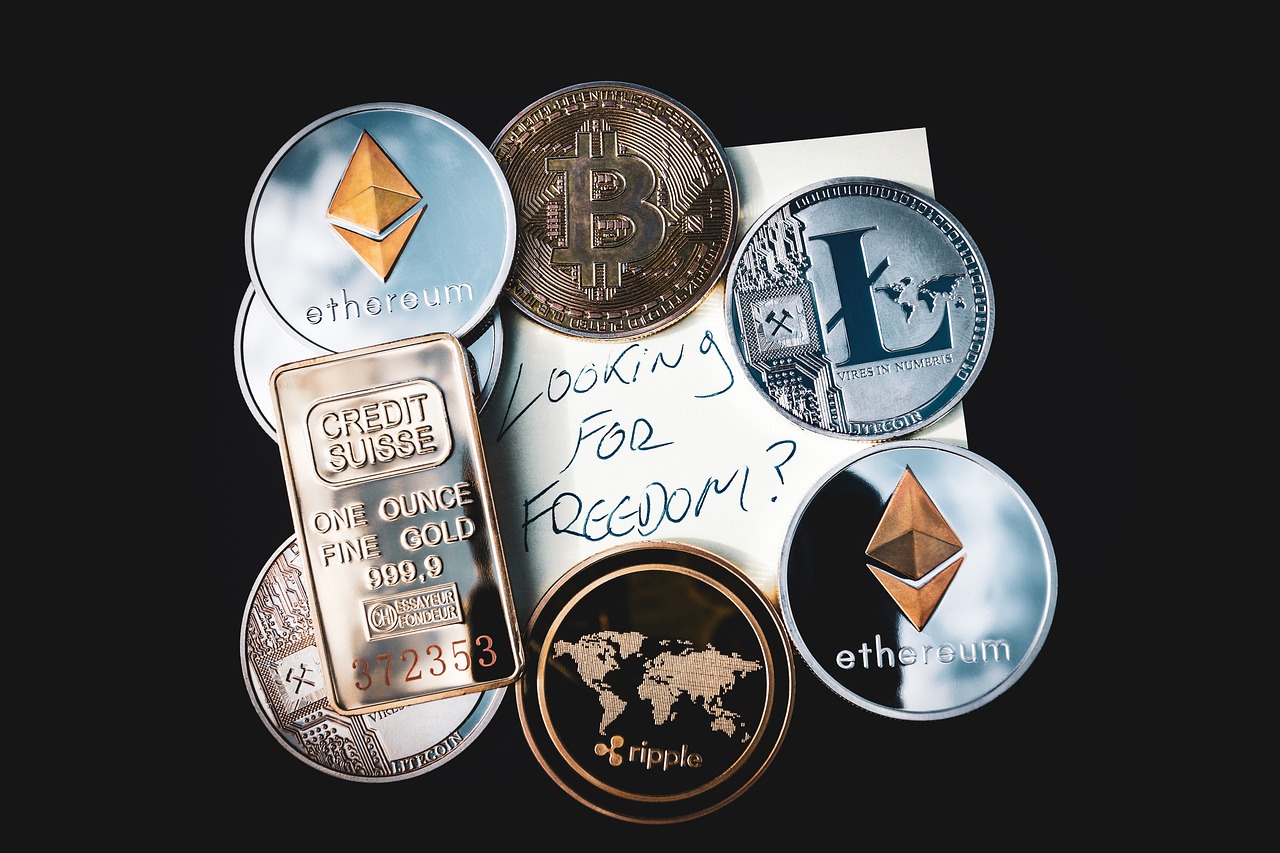Peer-to-Peer: Unlocking New Frontiers in Decentralization and Collaboration
Peer-to-peer (P2P) technology has emerged as a game-changer in the digital landscape, enabling direct communication and collaboration between individuals and entities without centralized intermediaries. This transformative approach has fostered a new era of decentralized networks that empower users and challenge traditional models.
Distributed Architecture
Decentralization and Autonomy
- P2P networks operate without a central authority, empowering users with direct control over their data, interactions, and transactions.
- Nodes (individual devices or users) connect directly to each other, eliminating single points of failure and reducing reliance on intermediaries.
Transparency and Immutability
- Transactions and communication occur directly between users, creating a transparent and auditable record accessible to all participants.
- Blockchain technology plays a crucial role in ensuring data integrity and immutability, preventing unauthorized modifications or tampering.
File Sharing and Data Distribution
Efficient Distribution
- P2P file sharing platforms, like BitTorrent and Gnutella, enable the efficient distribution of large files across a network of nodes.
- Users can download and upload files simultaneously, maximizing bandwidth utilization and reducing download times.
Privacy and Anonymity
- Unlike centralized platforms, P2P file sharing is decentralized, protecting user privacy and anonymity.
- Users do not need to provide personal information or go through intermediaries, reducing the risk of data breaches and surveillance.
Digital Currency and Blockchain
Decentralized Finance (DeFi)
- P2P technology has revolutionized the financial industry with DeFi platforms, allowing users to access financial services without the need for banks or other centralized institutions.
- Transactions are processed on decentralized networks, providing greater transparency, security, and autonomy for users.
Cryptocurrency Mining
- Proof-of-Work (PoW) consensus mechanisms in cryptocurrencies utilize P2P networks for mining and validating transactions.
- Miners contribute computing power to solve complex mathematical problems, earning rewards in the form of cryptocurrency.
Online Gaming and Virtual Worlds
Massively Multiplayer Online Games (MMOs)
- P2P technology enables real-time interactions and game play in MMOs, connecting players from around the world in shared virtual environments.
- Players can interact directly with each other, creating guilds, forming alliances, and engaging in multiplayer battles.
Virtual and Augmented Reality (VR/AR)
- P2P networks support the distribution and rendering of high-bandwidth VR/AR content, enabling immersive experiences for users.
- Decentralized VR/AR platforms allow for user-generated content and community-driven development, fostering creativity and innovation.
Conclusion
Peer-to-peer technology has transformed the digital landscape, empowering individuals and entities with new levels of decentralization, collaboration, and autonomy. From file sharing to cryptocurrency and virtual gaming, P2P networks are unlocking new possibilities and challenging traditional models. As the technology continues to evolve, we can expect even more transformative applications that reshape our online interactions and empower users like never before.
